Books :: New Flint Anthology
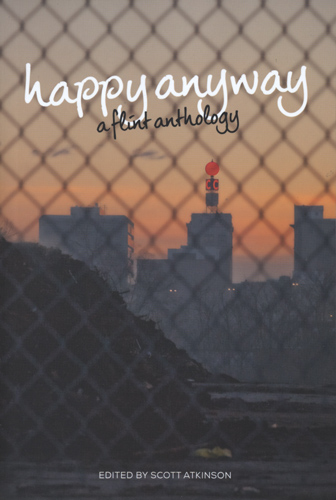 Belt Publishing, publisher of city-based anthologies written by and for Rust Belt communities, are releasing a new anthology in the first week of July: Happy Anyway: The Flint Anthology. Edited by Flint writer and Belt Magazine contributor Scott Atkinson, Happy Anyway reveals Flint “at its funniest, its weirdest, and its saddest.”
Belt Publishing, publisher of city-based anthologies written by and for Rust Belt communities, are releasing a new anthology in the first week of July: Happy Anyway: The Flint Anthology. Edited by Flint writer and Belt Magazine contributor Scott Atkinson, Happy Anyway reveals Flint “at its funniest, its weirdest, and its saddest.”
There’s more to Flint than the water crisis that’s gathered the country’s attention in the past months. Preorder a copy of Happy Anyway to see all sides of this Michigan city, or check out the other anthologies which look at Detroit, Pittsburgh, Youngstown, Cincinnati, and Cleveland, with Akron and Buffalo anthologies in the making.

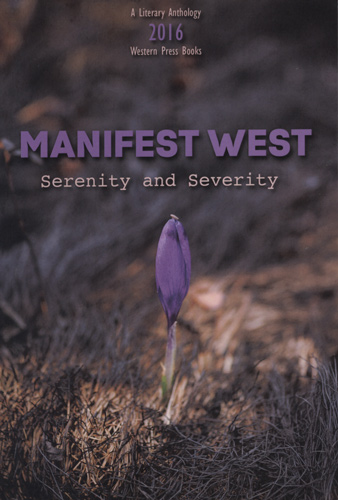 Forthcoming in July is the 2016 installment of the Western Press Books (University Press of Colorado) series,
Forthcoming in July is the 2016 installment of the Western Press Books (University Press of Colorado) series, 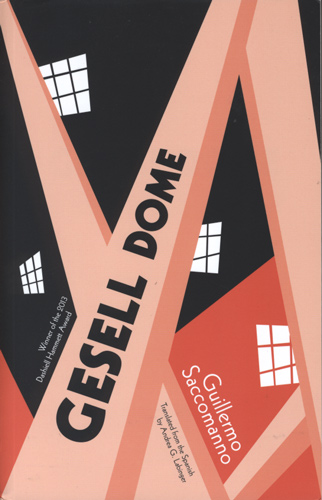 Open Letter has announced they will be publishing Gesell Dome by Guillermo Saccomanno this upcoming August. Translated from the Spanish by Andrea G. Labinger, the novel won the 2013 Dashiell Hammett Award (annually given to a book published in the field of crime-writing), and chronicles the passion, violence, crime, and corruption that take place during a winter in Villa Gesell. Recording the various voices in the town is Dante, the local newspaperman, resulting in a thrilling and captivating read.
Open Letter has announced they will be publishing Gesell Dome by Guillermo Saccomanno this upcoming August. Translated from the Spanish by Andrea G. Labinger, the novel won the 2013 Dashiell Hammett Award (annually given to a book published in the field of crime-writing), and chronicles the passion, violence, crime, and corruption that take place during a winter in Villa Gesell. Recording the various voices in the town is Dante, the local newspaperman, resulting in a thrilling and captivating read.  Issue number 11 of
Issue number 11 of 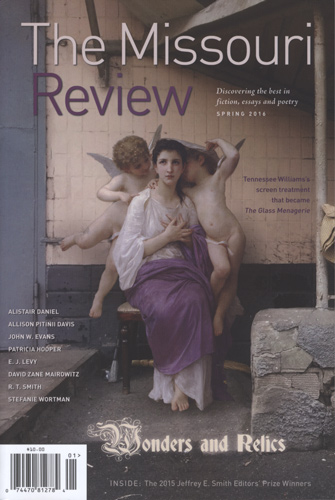 The Spring 2016 issue of The Missouri Review is titled “Wonders and Relics” and some of the wonders readers can find in the issue include the winners of the 2015 Jeffrey E. Smith Editor’s Prize.
The Spring 2016 issue of The Missouri Review is titled “Wonders and Relics” and some of the wonders readers can find in the issue include the winners of the 2015 Jeffrey E. Smith Editor’s Prize.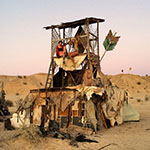 Monica Canilao’s art is featured on the cover of
Monica Canilao’s art is featured on the cover of 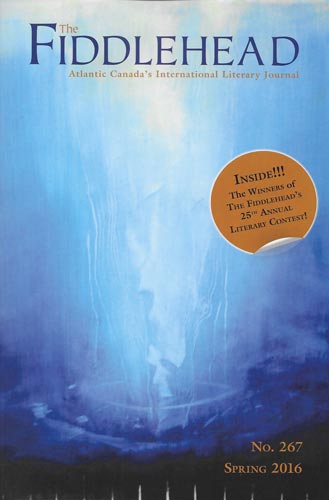 The Spring 2016 issue of The Fiddlehead features the winners of their 25th annual literary competition:
The Spring 2016 issue of The Fiddlehead features the winners of their 25th annual literary competition: In addition to the open poetry contributions,
In addition to the open poetry contributions, 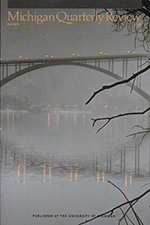 The Spring 2016 issue of
The Spring 2016 issue of 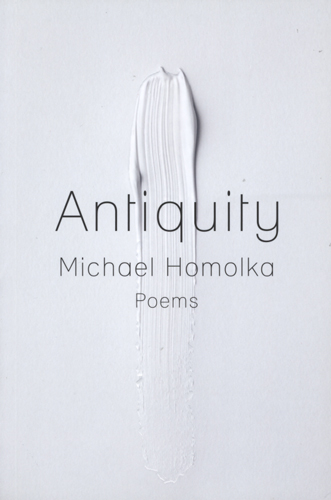 In July, readers can find copies of
In July, readers can find copies of